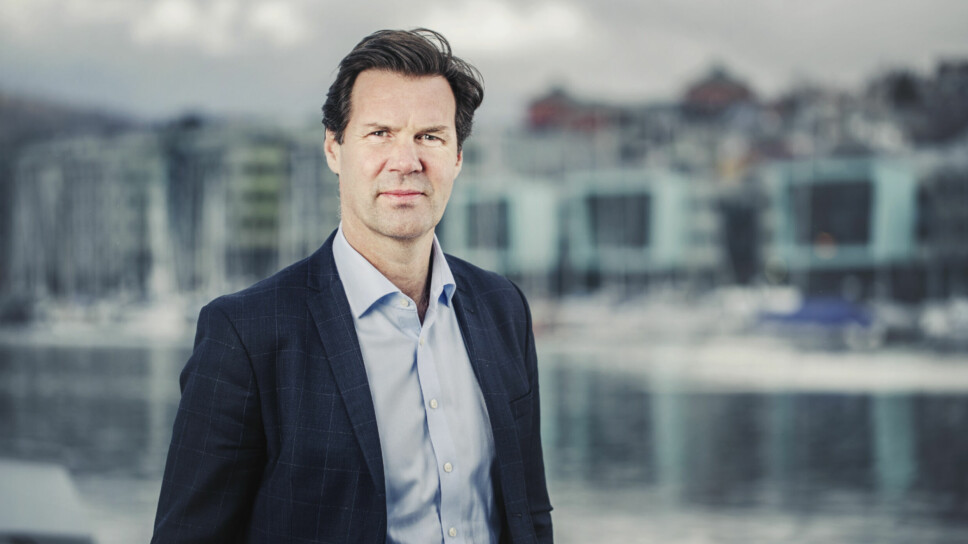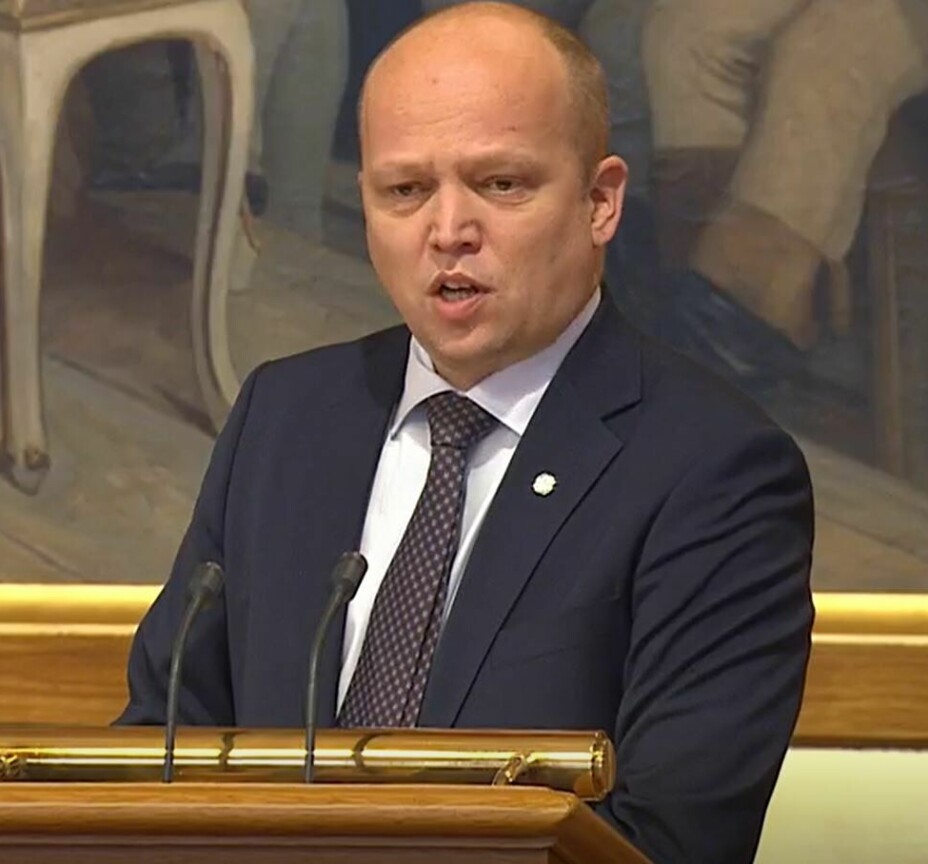
Lerøy to lay off 339 employees in Norway
Scottish Sea Farms’ co-owner is blaming plans by Norway’s government for a 40% tax on salmon producers for its decision to make hundreds of secondary processing workers redundant
“This is primarily an absolutely terrible situation for our skilled employees who are being made redundant and their families, but also for all the rest of us in Lerøy,” said the company’s chief executive, Henning Beltestad, in a press release.
“Unfortunately, the redundancies will also affect our suppliers and customers. We want to create as many jobs as possible along the Norwegian coast based on the fish we produce. We no longer get the opportunity to do that.
“The market opportunities for processed Norwegian salmon are more or less completely gone after the government’s tax proposal. The result is that we do not have work to offer many of our employees and then we have no other choice but to notify layoffs.”
Chaotic situation
He points out that the redundancies are a completely unavoidable consequence of the chaotic situation the government has inflicted on the industry, Lerøy and all their employees.
“Although we have worked intensively for over a month to get contracts in place with our customers, we have not succeeded. To process the salmon, we have to have long-term contracts, and this market has almost completely disappeared following the government’s proposal to triple the tax (from 22% corporation tax to 62% when the salmon tax is added) and the model they are using. If we don’t have customers for our processed products, we can’t produce them either,” said Beltestad.
“I am sure that this is not the government’s intention, but it is very much the consequences of their proposal. Neither we nor our customers can take the risk of having to pay tax on an income we may not have.”
Tax proposal 'poorly prepared'
Bjarne Kristiansen, who heads the cooperation committee for NNN (Norwegian Business and Leisure Workers’ Union) in Lerøy, said that this will have even greater consequences than they first feared.

“It is terrible that it is us employees in the processing industry who will be affected by the government’s tax proposal. It is quite clear to me that (finance minister Trygve Slagsvold) Vedum and (prime minister Jonas Gahr) Støre’s proposal is very poorly prepared and poorly thought out,” said Kristiansen.
“There is only one way to correct this, and that is to postpone introduction until 1 January 2024 at the earliest, after the consultation and after the Storting (Norwegian Parliament) has made its decision in the spring of 2023. Then we can hopefully get a broad settlement that ensures framework conditions for aquaculture and a tax scheme that neither destroys the industry, the coastal districts nor our employees.”
Enormous uncertainty
Lerøy, which shares 50/50 ownership of Scotland's second-biggest salmon farmer, Scottish Sea Farms, with SalMar, said that the proposal from the Norwegian government has created enormous uncertainty in the companies and in the market.
The government’s proposal for a resource tax (salmon tax) will apply from 1 January 2023, while a final tax model will not be decided by the Storting until the summer of 2023. Only then will companies know what tax they must pay for the past six months and what details form the basis of a possible new tax base.
The company said that such a major change in taxation has never before been proposed to take effect before an impact investigation, consultation and broad settlement. The uncertainty surrounding what income should be used as the basis for the tax is one of the many major challenges with the government’s proposal, which a number of professionals have pointed out. The same professional circles also highlight the serious knock-on effects of investments that will now not be carried out, the damaging effects on Norwegian business in general and the industry’s weakened ability to attract finance, reduction in demand for Norwegian salmon, loss of jobs in rural areas and development of the industry in other countries rather than in Norway .
Removed the market
Lerøy points out that, in sum, the proposal means that an industry which already contributes significantly more than other industries beyond ordinary taxes and duties, will have reduced value creation, reduced employment and actually provide reduced income to the state as a long-term result.
In the situation that has been created, Lerøy relates that from January 1, 2023 the government has removed the market for processed salmon products from Norway with the consequence that a great many of Lerøy’s employees within this part of the value chain must be made redundant from the same date.
“It is critically important that the government understands the industry’s entire value chain, the level of activity and central function in the Norwegian coastal community. According to the plan, the industry will export more than 40,000 tonnes of food a week in the future. That amounts to close to 200 million meals,” says Beltestad.
“When we see that we do not have tasks for our employees, we are obliged to notify them, that is what we are forced to do. We hope that the politicians listen, and wake up, so that any changes in taxation are based on facts and the knowledge that we know will emerge in the consultation round. The change cannot be made effective before 1 January 2024. It is urgent if we are to succeed in re-establishing the trust of our customers and redundancies can be avoided. This is very serious,” concluded Beltestad.
Read more about the salmon tax proposal and the damaging repercussions it has had for Norway's aquaculture industry and suppliers in the latest edition of Fish Farming Expert magazine, available online here.






















































